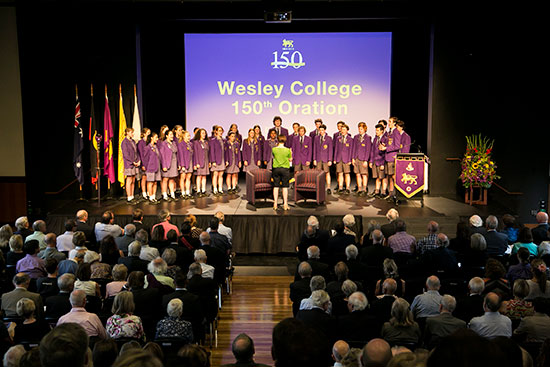
Now in the second half of the second decade of the 21st century, we bear daily witness to restlessness and rapid change as facts of life. Significant features of 21st century living such as easy communications and movement across time and space, ubiquitous connectedness to all around us, and ready access to information of all kinds are now seamlessly integral to our lives. However, we remain forever bewildered both by the unsettled nature of knowledge and unsettling state of knowing.
We have come to know that all we were once sure of, all we considered sacred, taboo even, are now open to contestation. We are gradually becoming inured to the apparent triumph of weather over climate. To the discerning amongst us, as for Voltaire, “Doubt” may well be “an uncomfortable condition, but certainty is a ridiculous one.” We are left in no doubt about the power of the forces that will continue to shape life and living on our planet for the foreseeable future – mutually reinforcing advancements in science and technology; globalisation; the earth’s capacity to support and sustain how we now live.
For the world of education generally, and for schools such as Wesley, this new reality poses some direct challenges, fundamental among which is the question “What ought to be the primary pre-occupation of teaching and learning in the 21st century?”
To this question, educational experts, theorists, practitioners and institutions worldwide have responded with engaging insight into the nature of learning, the learner and the demands of the times.
Sir Ken Robinson in his 2010 TED Talk, Changing Educational Paradigms, persuasively argues the need for a change to some of the fundamental paradigms and mind sets – eg industrial age thinking and “production line mentality” – that inform the way in which education is modelled and implemented around the world if teaching and learning in the 21st century is to engage responsibly with the individual needs of students.
Drawing on the ongoing advancements in the area of mind and brain research, other experts continue to provide timely correction to some long held myths about learning, notable among which:
- Learning is learnable (and we ought to teach it) (Guy Claxton; 2004). This belief is translated into practice by Lance King (www.taolearn.com) who champions the explicit development of skills that support learning
- At its best, learning (for both students and teachers, I might add) happens in groups – ie learning is a collaborative enterprise (Sir Ken Robinson; 2010)
- Far from being fixed and immutable, intelligence can actually be developed (ref. Mindset, Carol Dweck; 2012)
Focusing on the educational imperatives of globalisation, Harvard’s Project Zero, Oxfam and the International Baccalaureate advocate with unanimity a need for global mindedness or global citizenshipor international mindedness. Essentially, and to paraphrase Boix Mansilla and Jackson (2011), schools should educate learners to become globally competent. Essentially teaching and learning in the 21st century education should attend to the development of the whole person and to equip each individual learner with both the disposition and capacity to operate as an active and responsible member of community whether in a local, national or global context.
At Wesley College, we are fully invested in the all-encompassing principles of Learning to know; Learning to do; Learning to live with; Learning to be (Learning: The Treasure Within, UNESCO; 1996). For us these are timeless and provide the flexibility with which we can continue to respond the open-endedness of the particular challenges posed by the 21st century.
